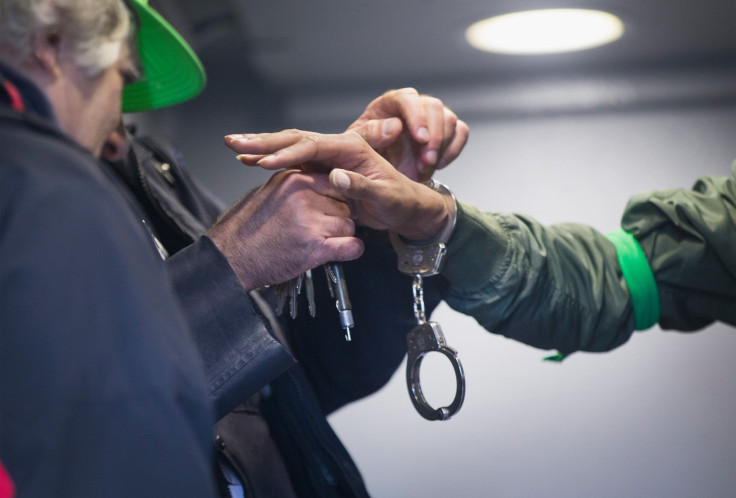Craig Coley: Wrongfully Convicted Man To Get $21M As Compensation

Craig Coley was wrongfully accused of the murder of his former girlfriend and her son in 1978 and spent almost four decades in prison for the murders he didn’t commit.
In 2017, 71-year-old Coley was released after the then-Governor Jerry Brown pardoned him, saying DNA evidence and a complete re-investigation of the case proved his innocence.
On Saturday, Simi Valley authorities reached a $21 million settlement with him. They said the settlement would ease the long, costly and unnecessary legal proceedings. He would be granted almost $4.9 million on the hook while the rest will be paid by insurance and other sources.
In 2018, Coley was granted a smaller payout. Brown approved a $1.95 million payment to Coley—$140 for each day he was in jail. It was the largest payout by California’s Victim Compensation Board for an erroneous conviction.
“While no amount of money can make up for what happened to Mr. Coley, settling this case is the right thing to do for Mr. Coley and our community. The tireless advocacy by those who believed he was innocent and the Simi Valley Police Department’s initiative to reopen the case lead to the discovery of DNA evidence, which ultimately lead to the determination that Mr. Coley was factually innocent,” City Manager Eric Levitt said. The sentence Coley faced was the longest one overturned in California.
In 1980, Coley who was then 31, was tried twice for the double murder of Rhonda Wicht and her four-year-old son Donald. The jury was unable to come to a decision after the first trial but he was convicted in the second one. During the first trial, jurors spent almost four weeks deliberating the case before a judge declared it a mistrial. During the second trial, the jury convicted him of two counts of first-degree murder and he was sentenced to life in prison without the possibility of parole.
Wicht’s relatives discovered her and her son’s deaths after she didn’t show up at a family get-together. She was raped, beaten and strangled with an 11-foot macramé rope while her son was smothered in bed.
One of Wicht’s neighbors was a key witness in the conviction of Coley since she claimed to have heard banging noises and saw his car parked outside the apartment complex the morning of the murders. She also claimed to have seen someone with medium-length hair drive it away. Another neighbor informed the jurors of noises he heard from the apartment upstairs at 5:30 a.m.
Coley, a Vietnam war veteran, was in the process of breaking up with 24-year-old Wicht before her murder. He was questioned on Nov. 11, 1978, the day she was killed and later charged with the murders.
He maintained his innocence all the years but it was only in 2017 that DNA evidence cleared him. A retired Simi Valley detective, Mike Bender, pushed the law enforcement agencies into re-examining the case. In 2015, he finally managed to get a word in at Brown’s office and by 2016, Simi Valley Police Chief David Livingstone launched an investigation into the case. During Coley’s claim for compensation and other court filings, his lawyers spoke extensively about the inconsistencies in the evidence against Coley.
When Coley was convicted of the murders, a judge signed an order that permitted the destruction of the crime scene evidence. When Livingstone began investigating the case again, he contacted two laboratories that performed tests on the crime scene evidence in the 1970s but by the time he contacted them, they had both gone out of business. However, a Northern California lab had acquired the contents and instead of destroying the evidence, it was in storage intact. With the help of new tests, Livingstone found the key piece of evidence that convicted Coley did not carry his DNA.
Since his release, Coley has spoken to the law enforcement about the collection of evidence and will help other people who have been wrongfully convicted. Police are still looking for the real killer on the basis of the DNA evidence they found.
© Copyright IBTimes 2025. All rights reserved.





















